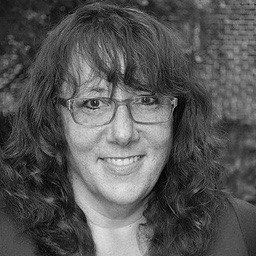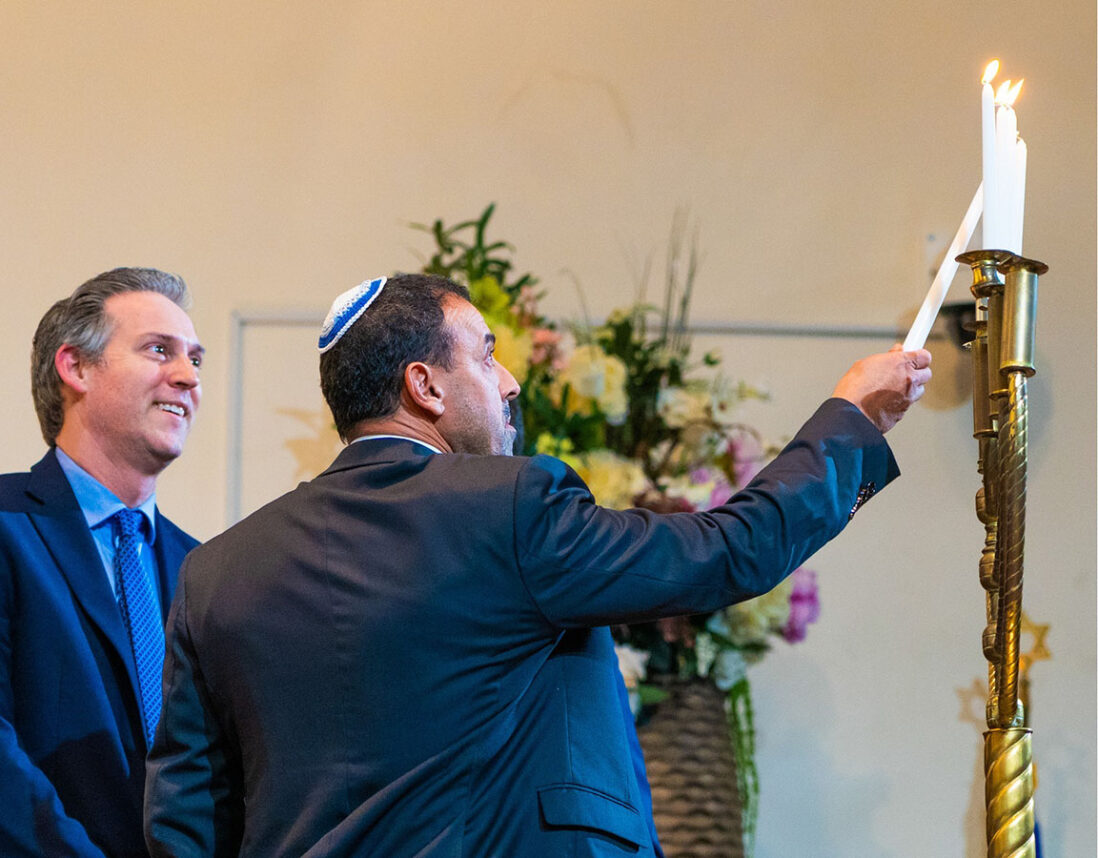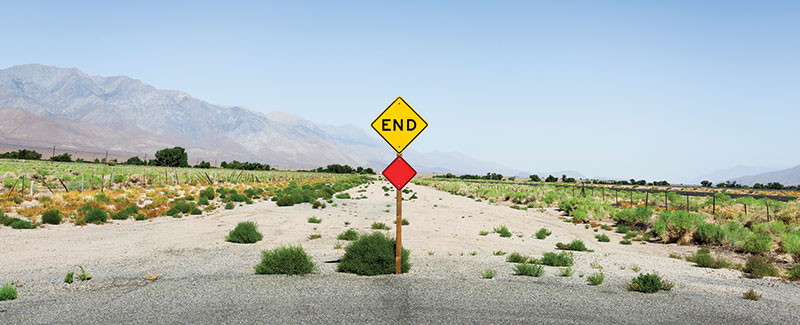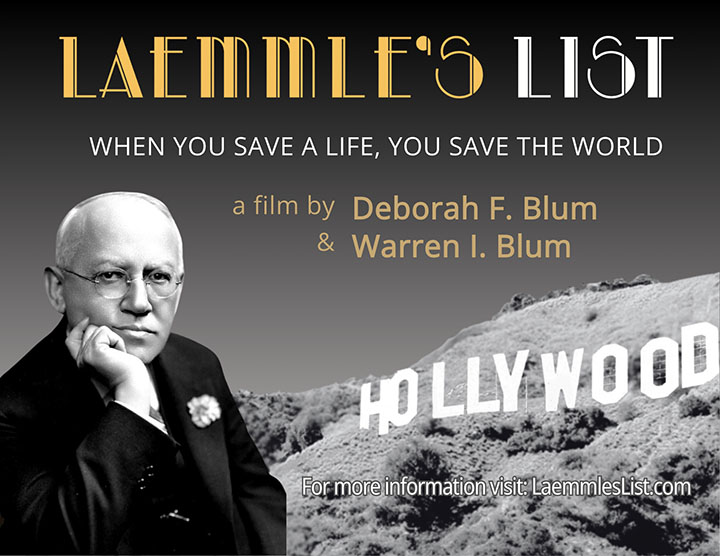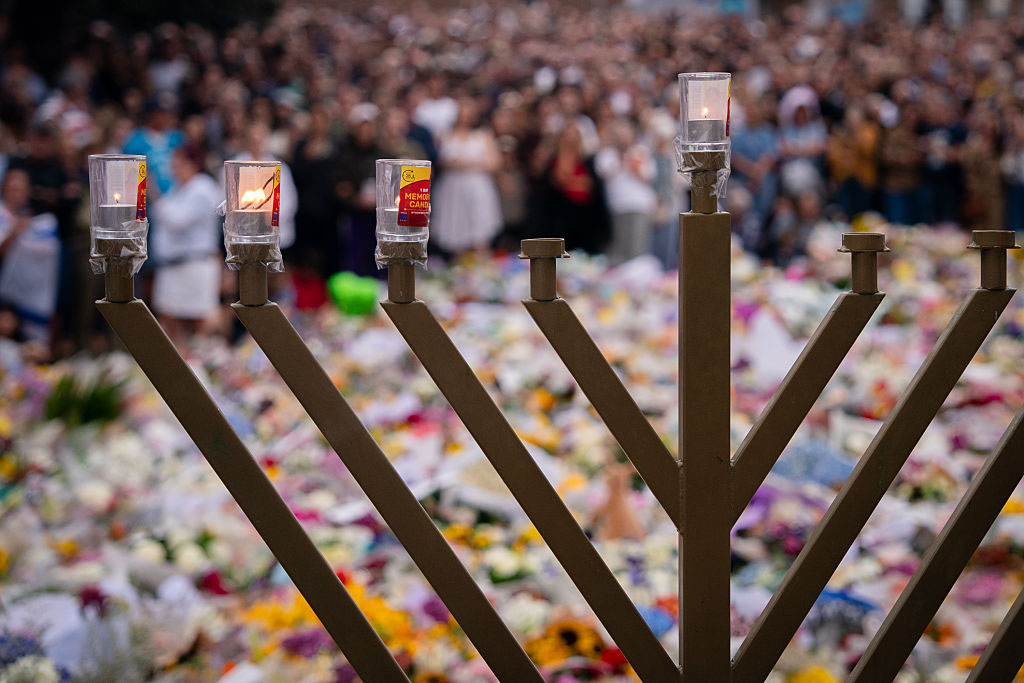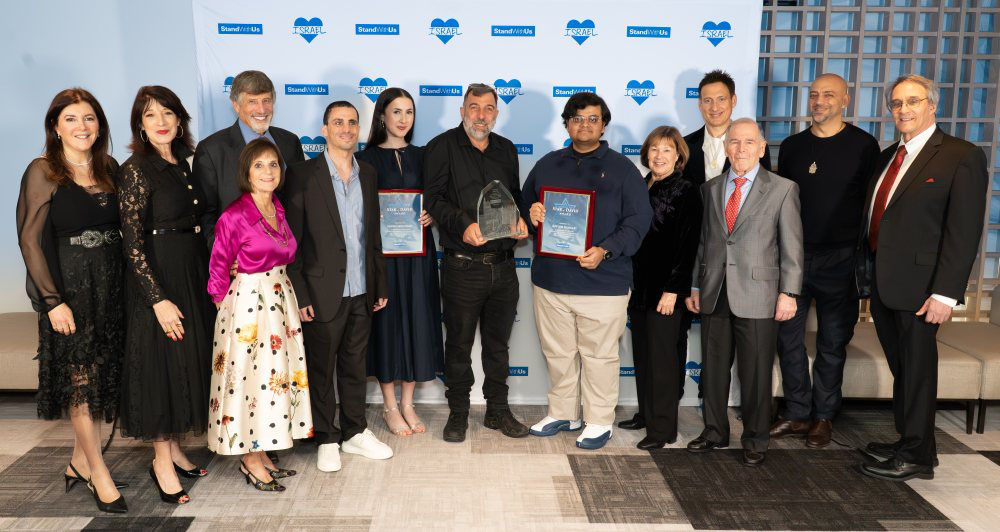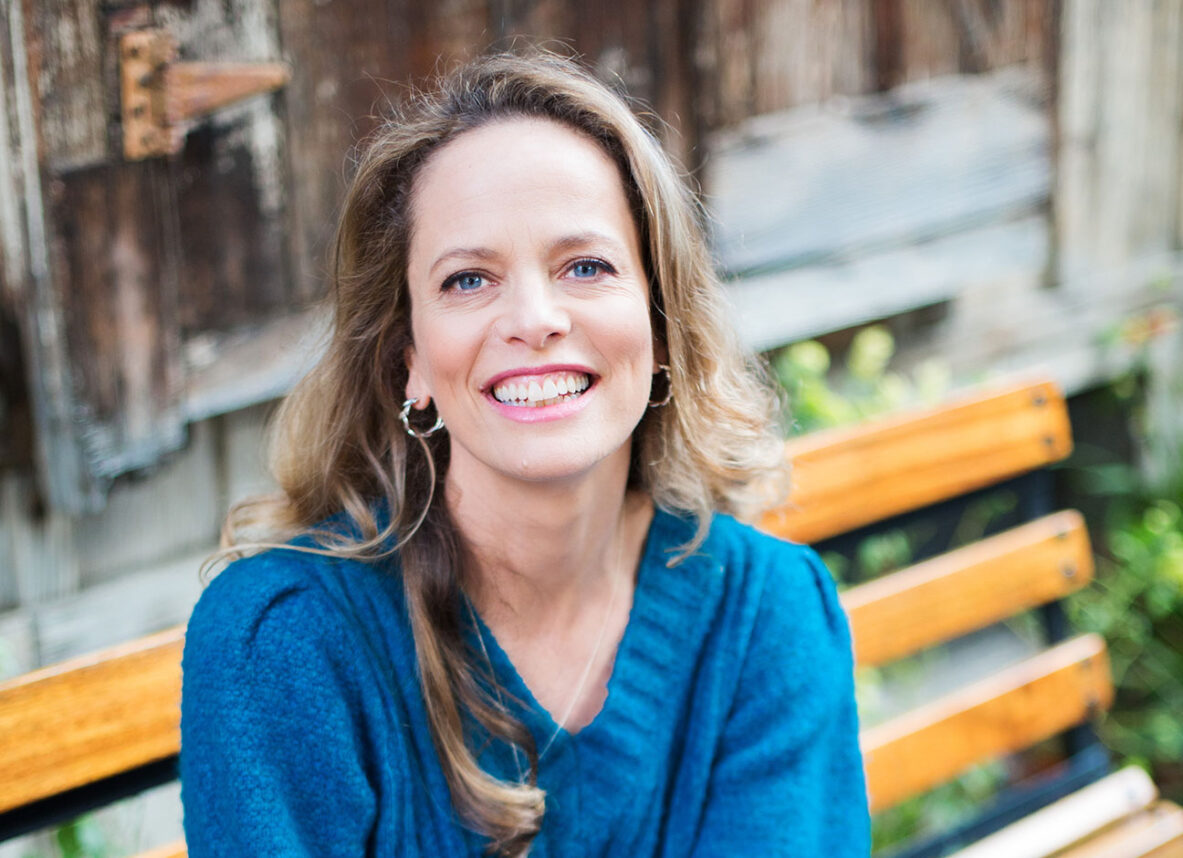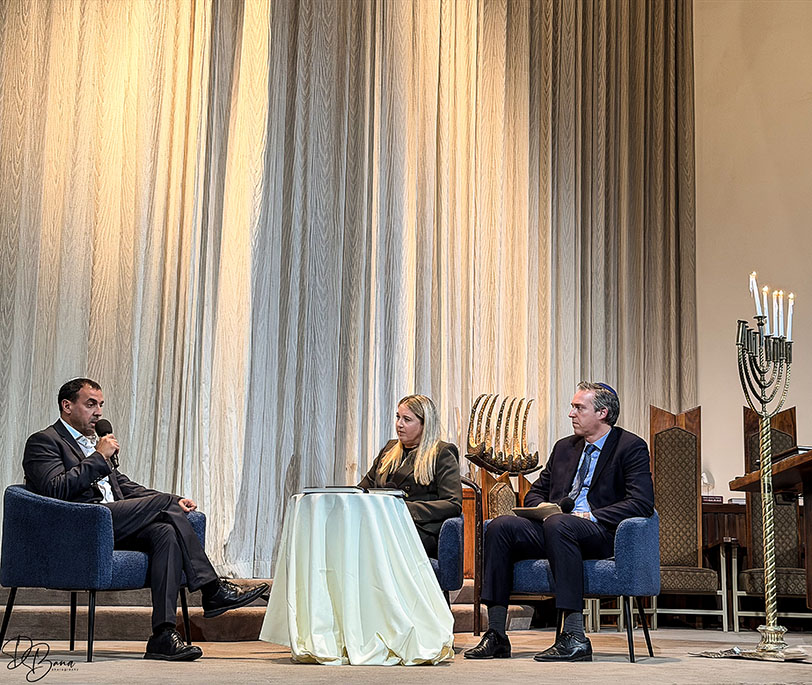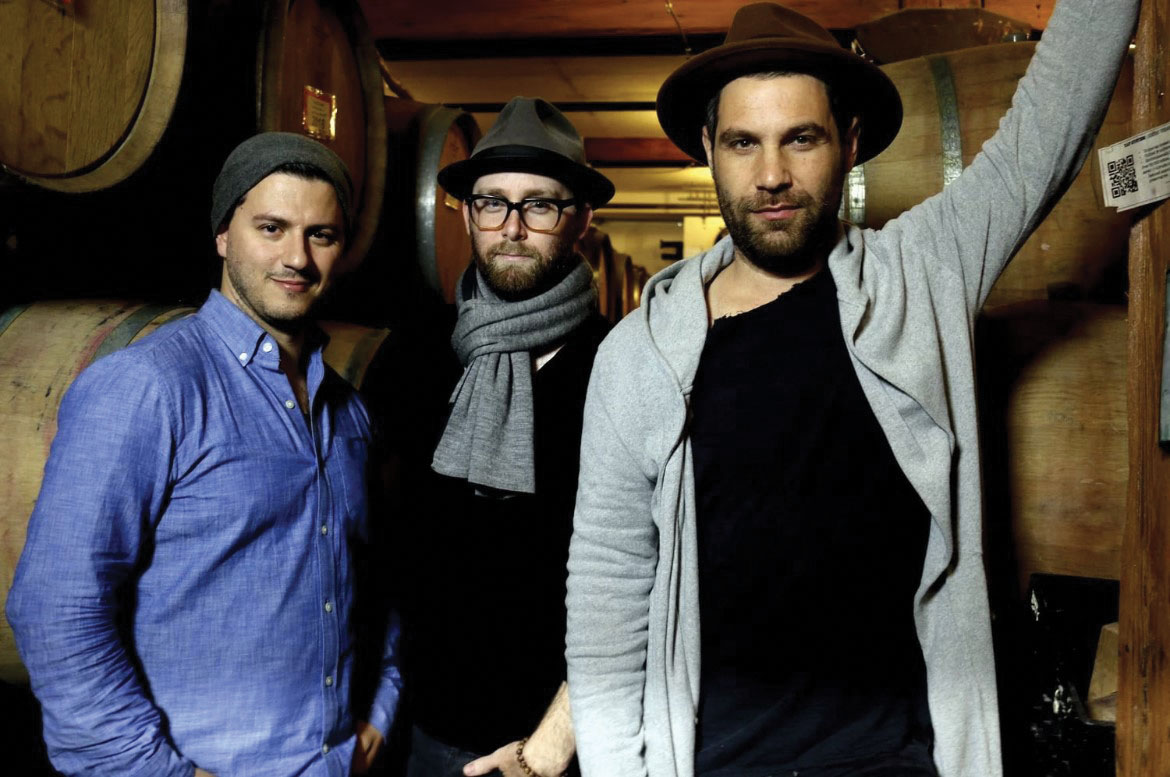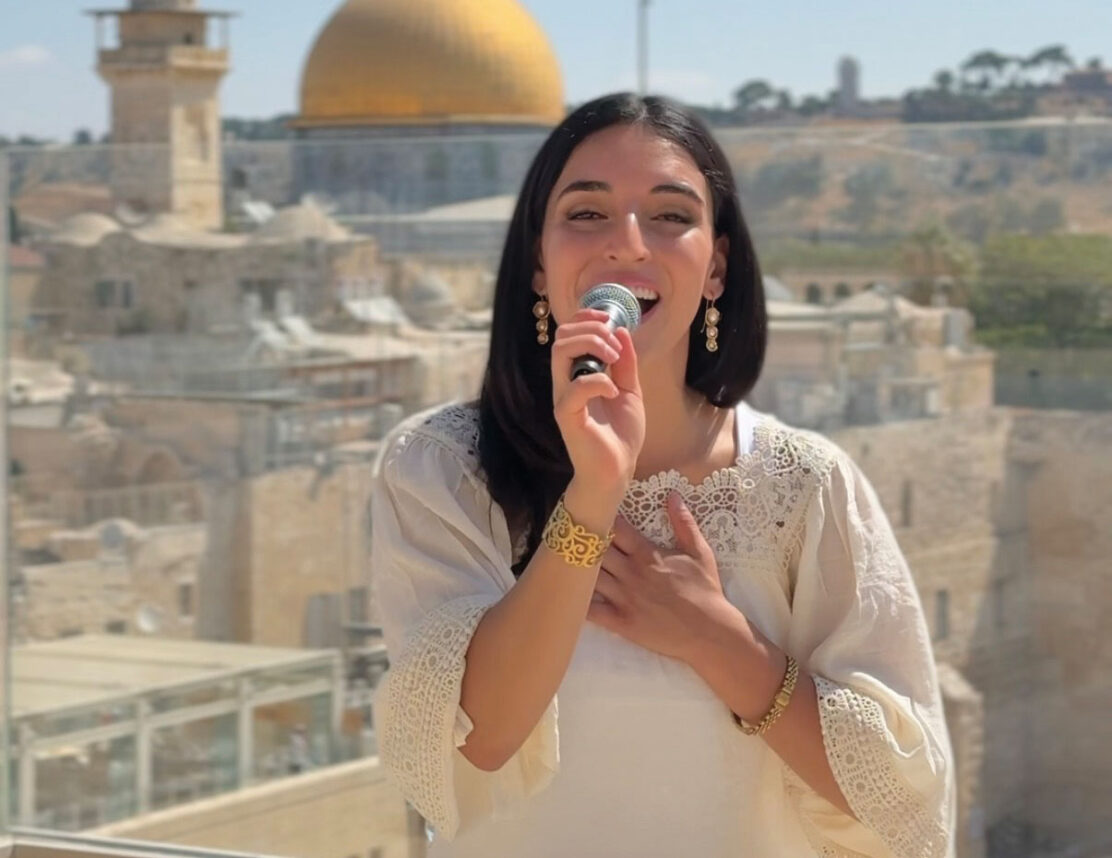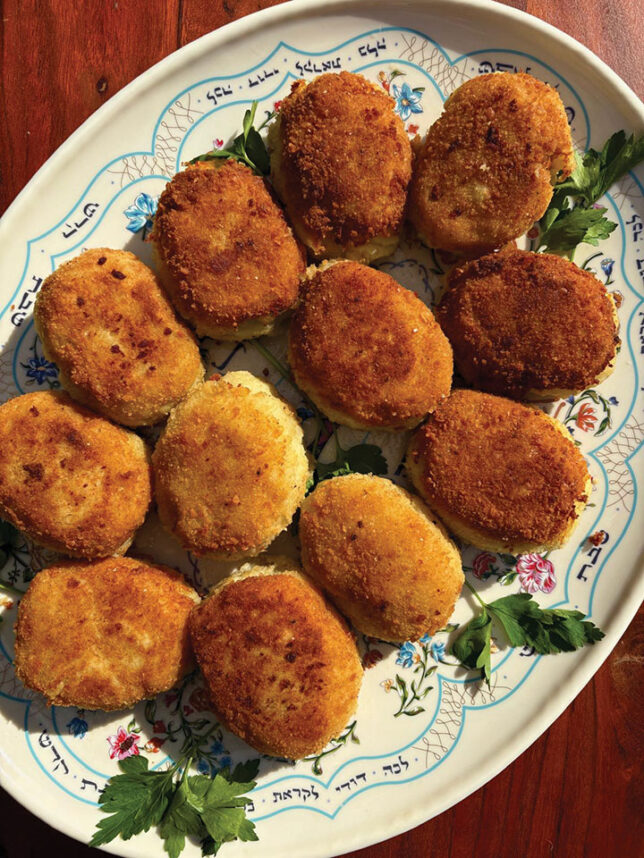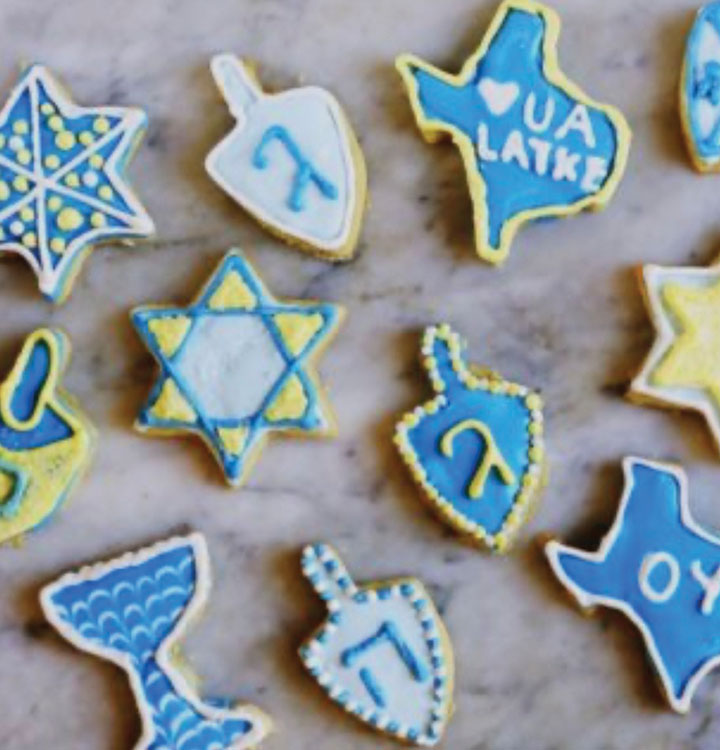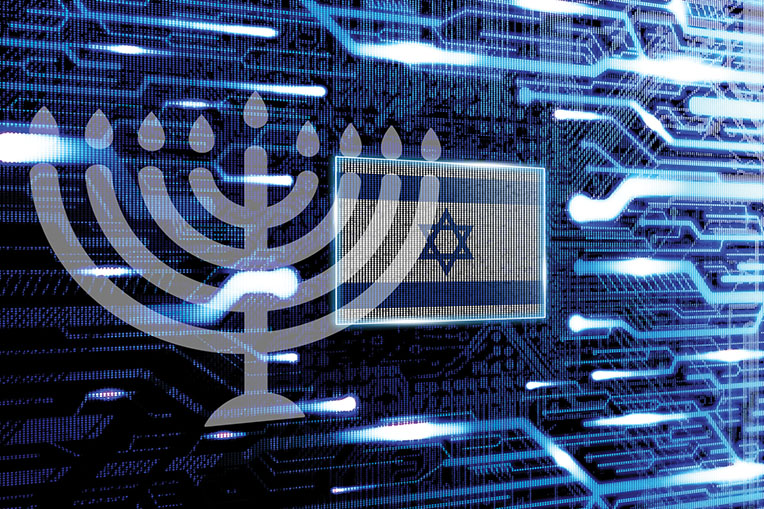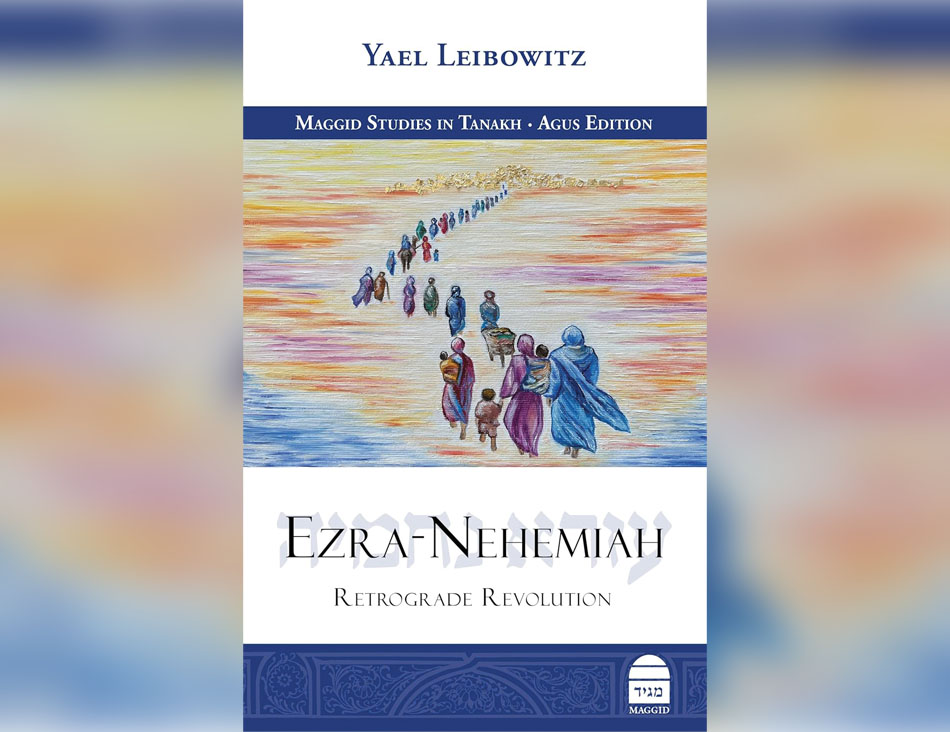My bat mitzvah was an unmitigated disaster.
I’d hoped the guests would be as taken as I was with my dress, first high heels and the orange and yellow petit fours at the Kiddush.
But instead, they were left with an altogether different image when I fell while parading the Torah scroll around the sanctuary. As I began ascending the modern sanctuary’s shallow steps to the bimah I tripped, badly skinning my knees and ruining that first pair of pantyhose, though I managed not to drop the Sefer Torah. What sounded to me like a huge gasp of collective horror still echoes in my head.
But that wasn’t even the day’s low point; that was more private, and yet to come.
Everything I was supposed to say in Hebrew — and it wasn’t much, three decades ago in our Reform temple — had to be transliterated into English; despite years of Hebrew school, I could not understand enough to actually read it.
I hated that day, and it wasn’t because I appeared to be the world’s klutziest bat mitzvah girl.
It took years of distance and reflection to realize that it was because the day was about making things look appropriate, not having a meaningful experience. So rather than mastering part of our central text and feeling accomplished, I felt like a fake, fraudulent and inauthentic.
I don’t often think back to that day, but when I recently heard stories from women who had the first bat mitzvah ceremonies in their communities, it made me realize just how different things should have been.
They shared stories in December at a Moving Traditions event at the Society for the Advancement of Judaism. It was there, 85 years ago, that Rabbi Mordecai Kaplan officiated at the first bat mitzvah ceremony in America for his daughter, Judith.
Moving Traditions is an organization focused on gender and Judaism. It runs the “Rosh Chodesh: It’s a Girl Thing!” program for some 4,000 “tween” and teen girls around the country, and is currently developing ways to engage boys. (The Rosh Chodesh ritual marks the beginning of a new month.)
Now the group is turning its attention to bat mitzvah “firsts,” those who were the first in their communities to mark the occasion.
“We want to understand how religion changes, and bat mitzvah is a great case study of how it does,” said Sally Gottesman, chair of Moving Traditions. “In our century it went from being a radical thing to do to de rigeur. We want to make Rosh Chodesh just as commonly accepted as bat mitzvah.”
In 1956, Carol Anshien was the first girl to celebrate becoming bat mitzvah at her Bronx Conservative synagogue.
It “gave me a sense of being someone who could challenge barriers and break through old ways,” she recalled for Moving Traditions.
In an interview, she said that her bat mitzvah “gave me a strong sense of my Jewish identity. It was definitely a doorway into having a sense of myself as a leader.”
Since bat mitzvah ceremonies are now regular rites of passage, perhaps our challenge today is to make each and every 12- and 13-year-old girl feel that celebrating hers is as meaningful as Anshien’s was for her.
Maybe my own daughters will be my family’s bat mitzvah “firsts” — the first girls to enjoy Torah-centered, spiritually engaged and empowering bat mitzvahs.
We celebrated our oldest child’s bar mitzvah earlier this year, and our son did a gorgeous job leading an uplifting Shabbat morning service. As someone who connects with prayer in a way I envy, he knows to his very core that he has the ability to be a religious leader.
I want my daughters to have that same sense as they grow. I, on the other hand, still feel too insecure to play almost any ritual role in our synagogue.
My girls’ bat mitzvahs are several years off, since they are just 8 and 6 years old. Our older daughter sometimes helps lead Aleinu toward the conclusion of Shabbat morning services at our Conservative shul, which is a sweet first step toward becoming comfortable on the bimah.
I value her budding leadership even more now that, since hearing the stories of bat mitzvah “firsts,” I understand how deeply meaningful celebrating a bat mitzvah can be.
I hope my daughters feel as connected to their bat mitzvah as Anshien did to hers. And I hope that my own experience becomes a “bat mitzvah last.”
Debra Nussbaum Cohen is the author of “Celebrating Your New Jewish Daughter: Creating Jewish Ways to Welcome Baby Girls Into the Covenant.”

